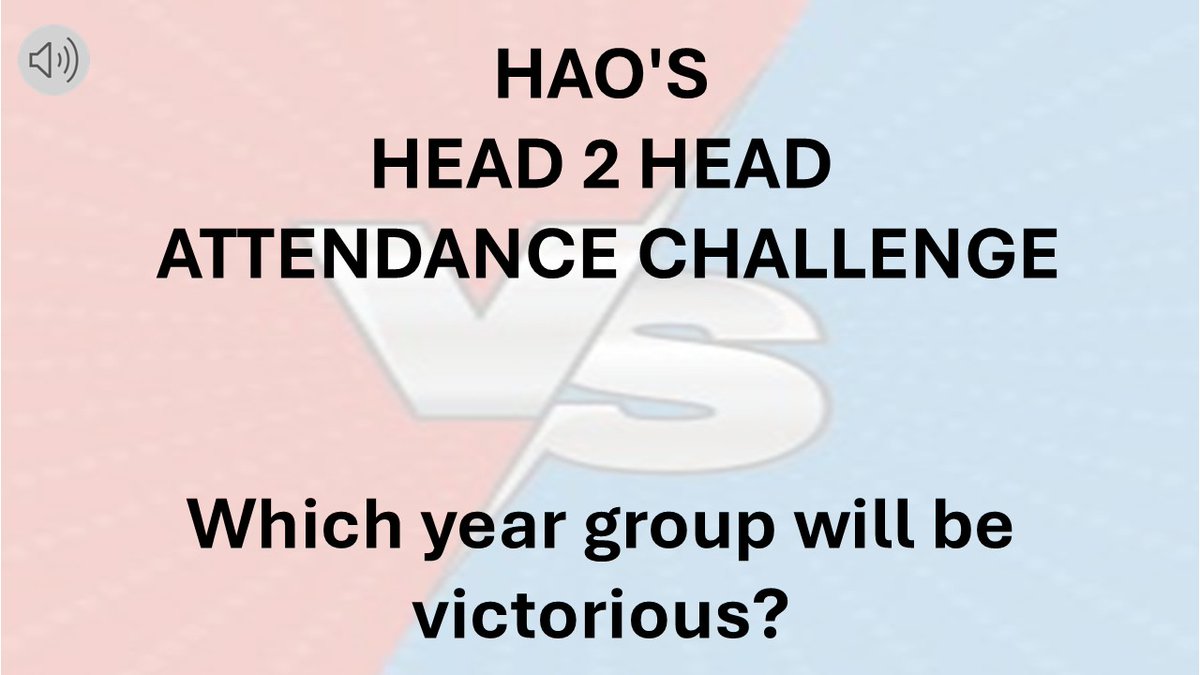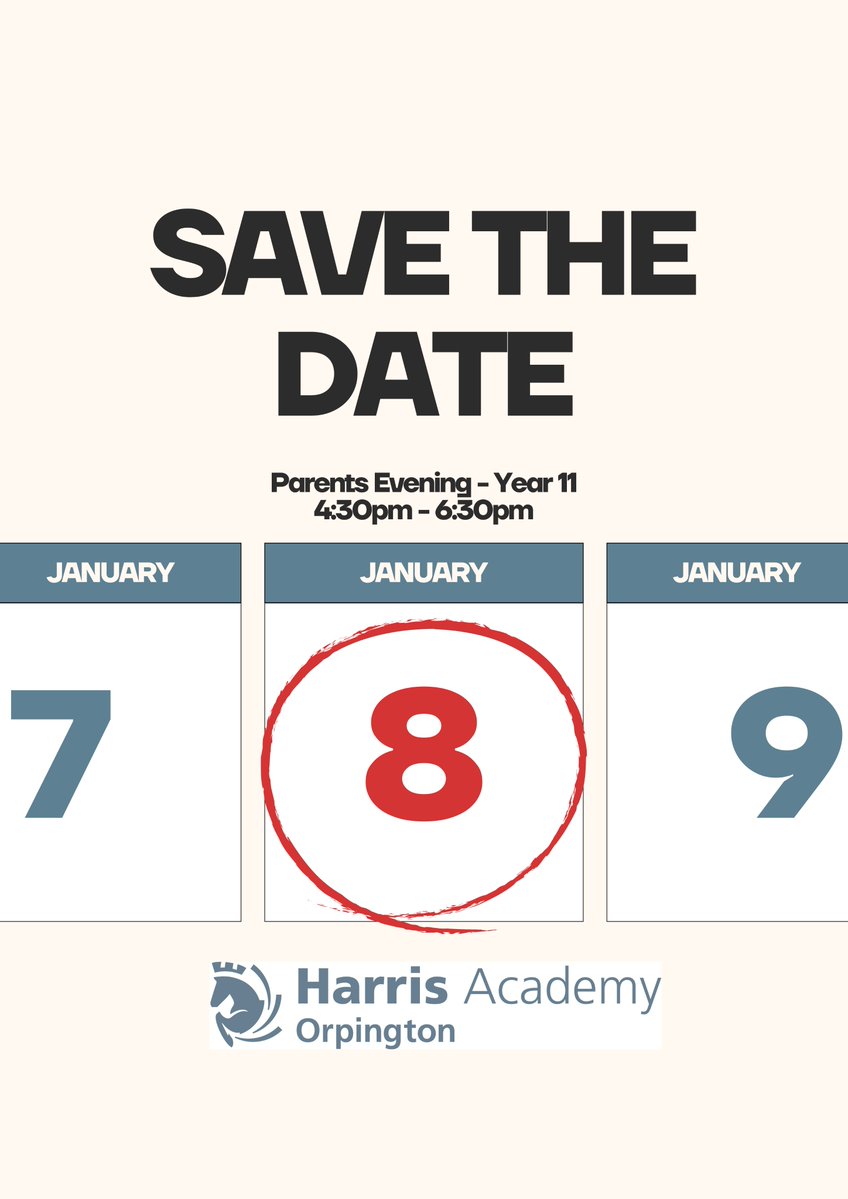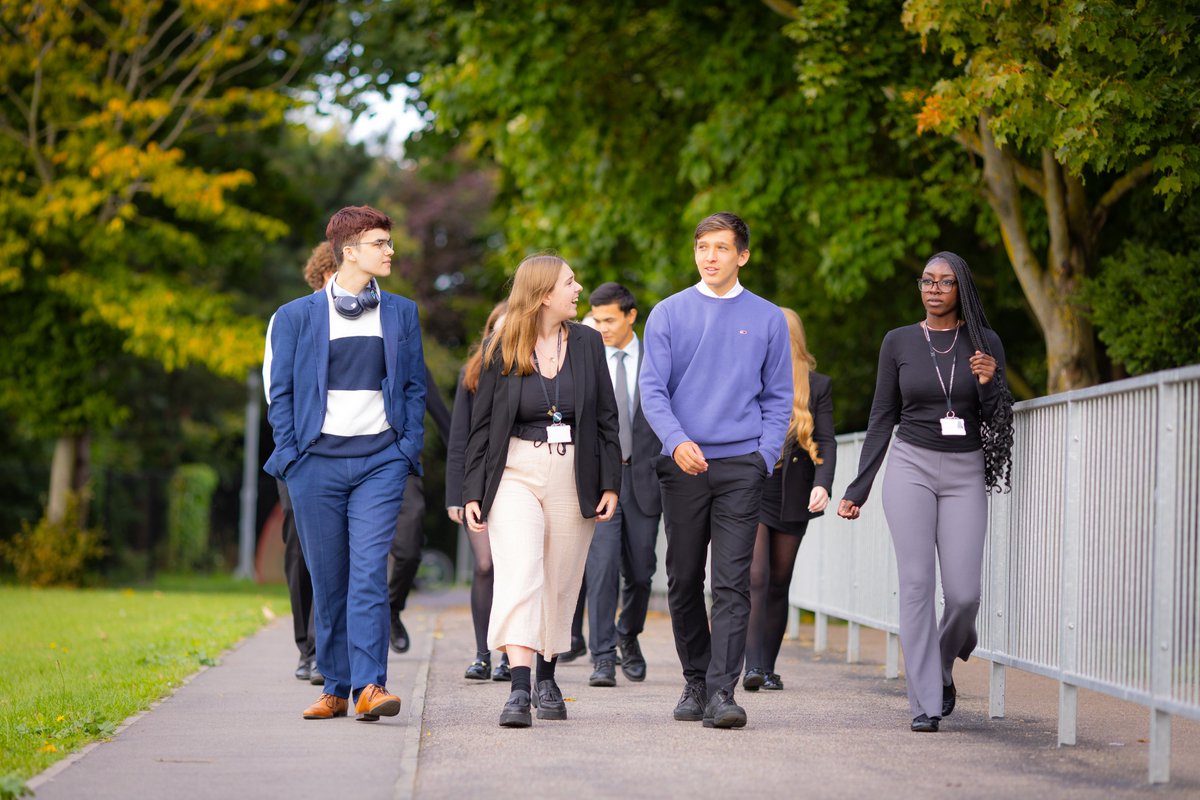Religious Education
Vision
We aim for students to gain knowledge and show an understanding of the world around them so they can become world class pupils who develop their own sense of identity and mutual respect for others. Our curriculum aims to promote equality, diversity and inclusion and incorporates our school ethos: Together We Can’.
Intent
Religious Studies plays an important role in pupils’ understanding of our increasingly multicultural, multi-faith and diverse school and contemporary society. We aim to equip students with a deeper understanding of religious and spiritual beliefs. Pupils will also be given the opportunity to learn that there are those who do not hold religious views but have their own philosophical outlooks.
Students will study a range of religious and world views and be given the opportunity to argue viewpoints clearly and concisely. Students will be challenged with questions about belief, values, meaning, purpose and truth, enabling them to develop their own attitudes towards religious issues.
Our Religious Studies syllabus follows the recommendations of the Bromley SACRE. This ensures pupils understanding of the Christian faith and other religious traditions, especially those represented in contemporary Britain. We believe the study of RS should develop pupils appreciation of other religious views represented in the UK.
Implementation
We teach all topics through enquiries focused around three big-ideas: Human social science, philosophy and theology which explore Western and Eastern faiths. Each pupil has RS once a week throughout KS3 and KS4. At KS3, we encourage pupils to explore religion as a living community-based way of life. We build on the foundational knowledge that pupils have gained of the six major world faiths during KS1 and KS2. At KS4 pupils develop disciplinary understanding of religious studies pupils further develop their understanding by building upon their knowledge and understanding of the beliefs, values and traditions of Christianity, while exploring further aspects of Hinduism, Islam, Buddhism, Judaism and Sikhism. Pupils analyse and interpret a wide range of religious, philosophical and ethical concepts in increasing depth.
Impact
Assessments are structured on the following.
- KS3 students will be assessed summatively once every term, and formatively during lessons.
- At KS4 students will also be assessed summatively once every term, and formatively both continuously during lessons and by two pieces of written feedback each half term.
- At the end of Year 11 pupils who opted to take GCSE RS will be awarded a full GCSE with AQA.
The purpose of the different forms of assessment is to raise pupil expectations, regularly identify strengths and weaknesses in pupils’ attainment, help inform teachers’ planning, and to make pupils and parents clear about achievements and targets for improvement.
For queries about the Religious Studies curriculum, or to discuss your right to withdraw your child from RE, please contact Ms Ward: a.ward@harrisorpington.org.uk























